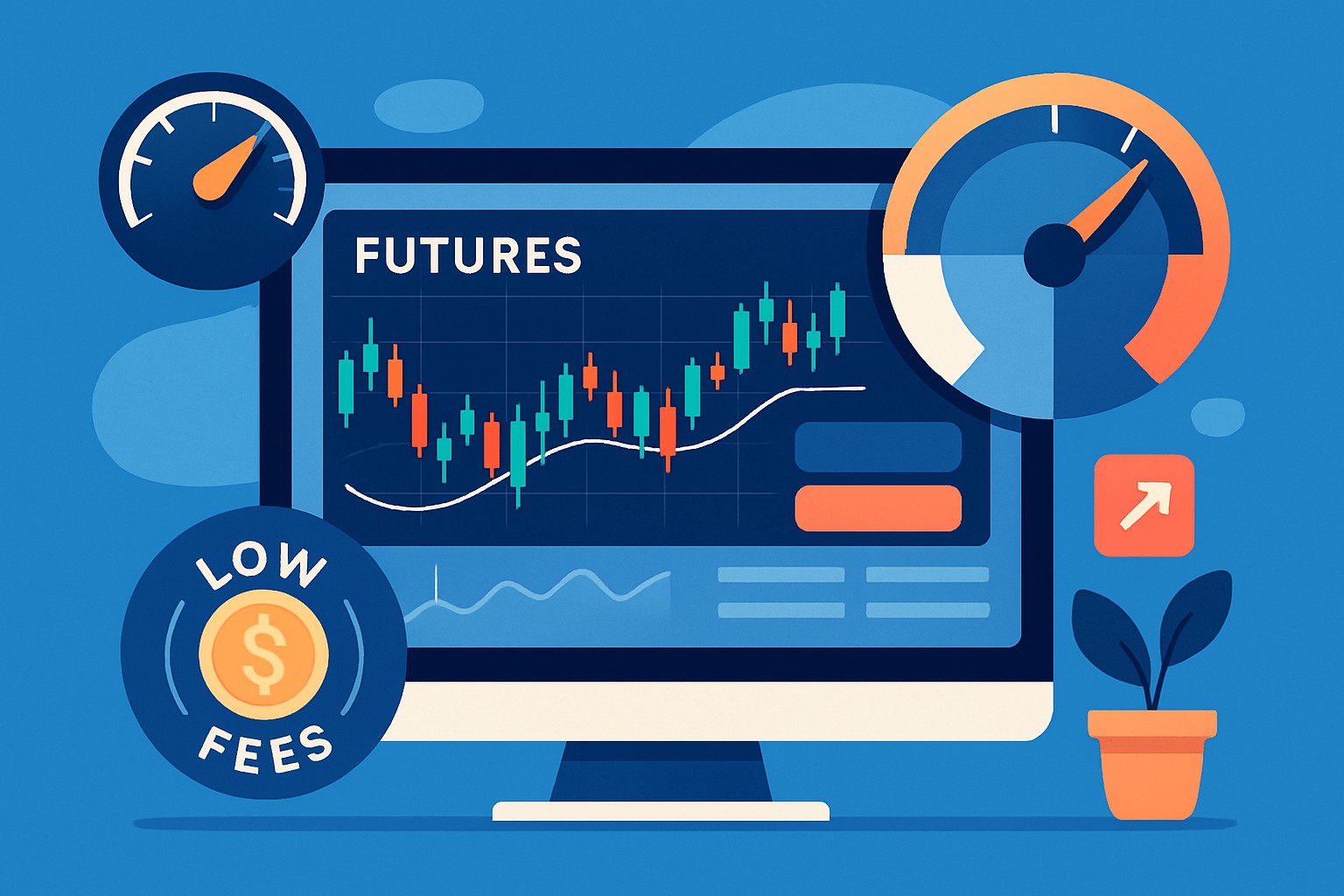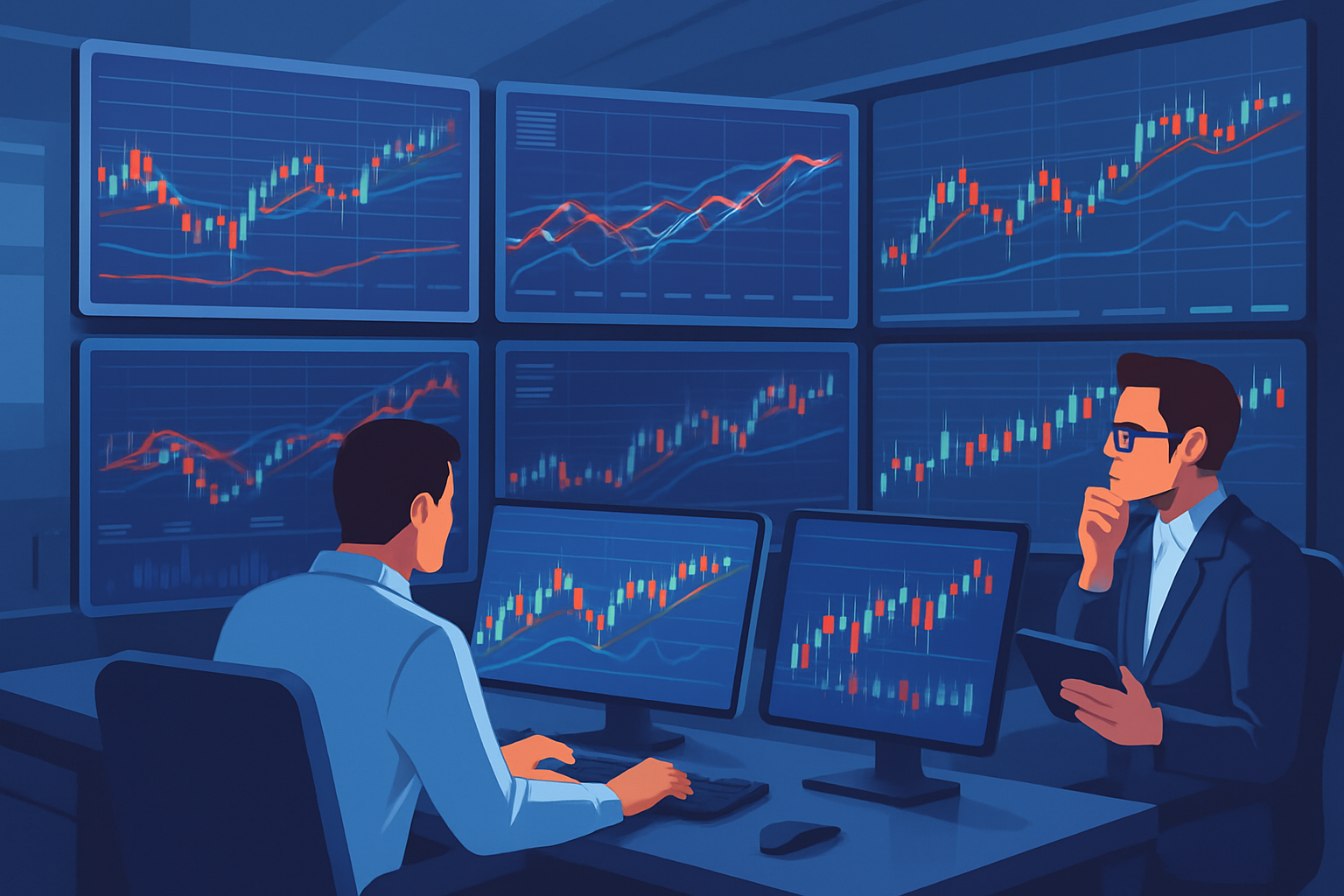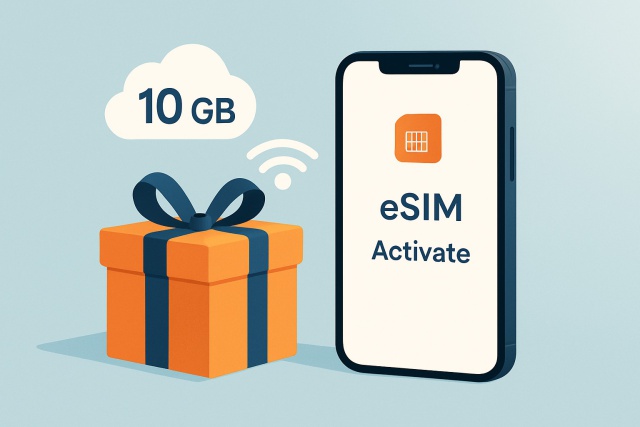Which Futures Brokers Offer The Lowest Fees And Fast Execution

The futures trading world moves at a breakneck pace, and choosing among futures brokers means facing fierce competition. Even the slightest differences in fees and execution speed can really make or break your profits.
Futures contracts are standardized agreements to buy or sell assets at a set price and date. They are like making a promise with a deadline you cannot easily wiggle out of. They let traders hedge risks, take a punt on market moves or gain exposure to various asset classes.
Understanding Futures Brokers and What They Really Do
Futures brokers serve as vital middlemen connecting traders with futures exchanges. They help get those orders executed and offer margin financing. They also typically provide trading platforms and some handy educational tools. The market generally breaks down into two camps. Full-service brokers go all out with extensive support and research. Discount brokers keep things lean and mean and focus on cost-effective order execution.
- Swiftly and spot-on executing orders to connect traders with exchanges—because timing really is everything here
- Clearing trades to ensure settlement goes off without a hitch and that all exchange rules are followed to the letter
- Handling margin accounts that provide the essential collateral backing those trading positions—think of it as the safety net you don’t see but definitely need
- Offering dedicated customer support that’s ready to jump in with answers on account issues or those pesky technical hiccups
- Providing educational materials and market research crafted just for futures trading, helping you stay ahead of the curve
- Developing and maintaining rock-solid trading platforms packed with advanced charting and risk management tools that make navigating the markets a bit less daunting
The Main Elements of Futures Brokerage Fees Breaking It Down
Futures traders face a handful of fees that quietly chip away at their overall costs. These include broker commissions charged on every contract, exchange fees from the marketplace, clearing fees that ensure the trade settles, and market data fees for accessing real-time info. Sneakier charges also lurk around the corner like platform fees or inactivity fees.
| Fee Type | Definition | Typical Range | Impact on Trading Costs |
|---|---|---|---|
| Commission | The fee your broker charges each time you trade a futures contract | $0.25 - $2.50 per contract | This is the biggie that basically sets the baseline for what each trade will cost you |
| Exchange Fees | Mandatory charges slapped on by the futures exchanges themselves | $0.02 - $0.20 per contract | These sneaky little fees add up quickly on every single transaction you make |
| Clearing Fees | Costs for settling your trades and keeping risk under control | $0.10 - $0.50 per contract | A steady, fixed expense that quietly chips away at your overall trading budget |
| Data Fees | What you pay to get live, up-to-the-minute market info | $10 - $50 monthly | Can really add to overhead, especially if you’re glued to the screen all day long |
| Platform Fees | Charges (monthly or yearly) for the software that makes trading possible | $0 - $100+ per month | An extra cost that varies widely—sometimes zero, sometimes enough to make you blink |
| Hidden Fees | Those pesky fees for inactivity, transfers, or cashing out | Varies | These can quietly nibble away at your profits if you’re not paying close attention |
Brokerage fee structures can vary widely. Some brokers stick to flat-rate commissions which makes it easier to keep tabs on costs without nasty surprises. Then you have those charging per-contract fees that nudge traders toward higher volumes like a little push to keep busy.
Why Execution Speed Truly Matters in Futures Trading
Execution speed is a big deal in futures trading because it helps shrink slippage—that pesky difference between the price you think you’ll get and the one you actually end up with. When orders fill in a flash, traders can snag better prices and jump on market moves before they vanish into thin air.
Execution speed hinges on factors like the broker's trading technology and how slickly orders get routed. It also depends on access to co-location services that station servers close to exchanges and where those data centers are located.
In futures markets, where prices can flip on a dime, execution speed isn’t just important—it’s everything. Brokers who put their money into low-latency technology give traders the kind of edge that makes all the difference when markets start to dance unpredictably.
Top Futures Brokers That Will not Break the Bank
A handful of futures brokers really stand out by offering some of the lowest fees you will find in the industry. They keep things straightforward with transparent pricing and avoid sneaky extra charges. This is refreshing whether you are a retail trader or a seasoned pro. This guide dives into their commission rates, minimum account requirements and how clearly they lay out fees.
| Broker Name | Commission per Contract | Additional Fees | Fee Structure | Volume Discounts |
|---|---|---|---|---|
| Broker A | $0.25 | Exchange and clearing fees | Flat rate per contract | Yes, kicking in from 500+ contracts |
| Broker B | $0.40 | $20 monthly platform fee | Tiered rate per contract | Yes, with fees capped once you hit higher volumes |
| Broker C | $1.00 | Optional data fees | Flat monthly fee plus per trade | No volume discounts here |
| Broker D | $0.35 | No hidden fees | Commission only | Yes, and negotiable if you’re a big-time trader |
| Broker E | $0.50 | Inactivity fees apply | Tiered rate per contract | Volume discounts available to sweeten the deal |
Affordable Brokers That Will not Break the Bank
Discount brokers typically come with low commissions and no-frills services, primarily catering to self-directed traders who want to keep their costs in check.
Full-Service Brokers Offering Fees That Will not Make You Blink Twice
Full-service futures brokers come with competitively low fees and a toolbox of valuable services including in-depth market research and tailor-made education programs. They offer some sophisticated trading tools. They’re known for solid customer support and personalized account management, perfect for traders who want more than simple trade execution. Their fees might be a touch higher than what you would find with discount brokers.
Futures Brokers That Deliver Lightning-Fast Execution Thanks to Cutting-Edge Technology and Rock-Solid Infrastructure
Brokers tend to pour serious resources into high-tech gear like cutting-edge electronic trading platforms and direct market access (DMA) systems, not to mention strategically placing servers right in or near exchange data centers. On top of that, they nurture tight-knit relationships with exchanges and lean on clever order routing algorithms to slice through latency.
- Direct Market Access (DMA) cuts out the middlemen and lets orders head straight to the exchanges without detours
- Smart order routing algorithms work behind the scenes to find the fastest and most wallet-friendly execution paths
- Low latency infrastructure relies on lightning-fast networks and top-notch hardware to keep things zippy
- Access to co-location services means your servers camp right next to the exchange matching engines and minimize lag
- Robust Application Programming Interfaces (APIs) make life easier for algorithmic traders by letting them submit and manage orders with smooth efficiency
Brokers famous for their lightning-fast execution tend to draw in high-frequency and professional day traders—folks who live and breathe speed and precision to come out ahead. These firms lean heavily on cutting-edge technology that often pulls off execution times in mere milliseconds, letting traders jump on tiny price moves in futures markets before anyone else even blinks.
Finding the Right Futures Broker by Balancing Low Fees and Lightning-Fast Execution
Picking the right futures broker usually comes down to finding the sweet spot between low fees and fast execution depending on your trading style and how often you jump in and out of the market. Traders who are constantly on the move tend to swear by speed. Those who like to hold their positions longer usually focus on keeping commissions low.
Take a close look at the broker's fee structure so you’re not caught off guard by sneaky charges that could hike up your cost per trade.
Check the broker's technology and infrastructure backing their execution speed. Either roll up your sleeves and test it yourself or dive into those performance reports to see what they’re really made of.
Give demo accounts a whirl to get a genuine feel for the trading platforms, keeping an eye on usability and latency and how smoothly order management works.
Size up how quick and helpful customer support is along with what resources they’ve got so you know help won’t be a wild goose chase when you need it most.
Double-check the broker's regulatory credentials and compliance history as your safety net to protect your investments and ensure you’re dealing with someone trustworthy.
Before settling on a futures broker, it’s smart to try demo accounts that mirror real trading conditions and let you check execution speeds without risking money. These trial runs let you test real-time data feeds and trading tools while seeing how effortlessly your orders get routed. Alongside this experience, it’s wise to check independent reviews and forums where seasoned traders share the good, the bad and any hidden fees.
Handy Tips to Slice Trading Costs and Boost Execution Efficiency
Traders can save some bucks and sharpen their execution by picking the right order types and trading when liquidity flows freely. Pooling volumes whenever they get the chance also helps. These savvy moves usually lead to better pricing and cut down on slippage.
- Use limit orders to lock in your entry and exit prices to help you dodge market swings that nobody wants
- Try to trade when liquidity is at its peak because that’s when you’ll find tighter spreads and quicker fills which saves you time and money
- Lean on automated trading tools to execute your strategies smoothly so you’re not left waiting or second-guessing yourself
- Consider bundling smaller orders into bigger chunks since it sometimes pays off with volume discounts and who doesn’t like extra bang for their buck
- Don’t be shy about asking for negotiated fees or personalized pricing if you’re moving a lot of volume because it never hurts to see what perks might be on the table
Futures Traders Who Benefited from Low Fees and Lightning-Fast Execution
Imagine a futures day trader who switched to one of the better futures brokers charging half the commissions of their previous provider and gained about 20 milliseconds faster execution. That tweak gave their monthly net profits a 15% boost and reduced costly slippages that eat into gains. Similarly, a commodities hedger found that using a low-fee full-service broker helped keep overheads tight and opened the door to expert research. This gave them an edge in timing trades better and managing risk like a pro.
"Switching to a broker with lower fees and faster execution honestly gave my trading results a nice boost. Spending less and snagging quicker fills usually translates to better returns and takes some of the pressure off my portfolio—something I have come to really appreciate."

Futures traders utilizing advanced technology for fast execution and low-cost trading in a modern trading environment





